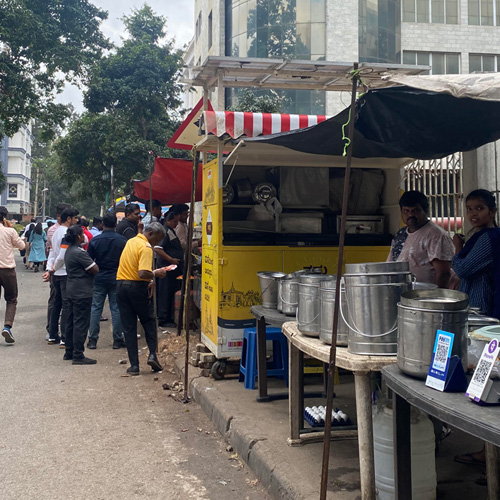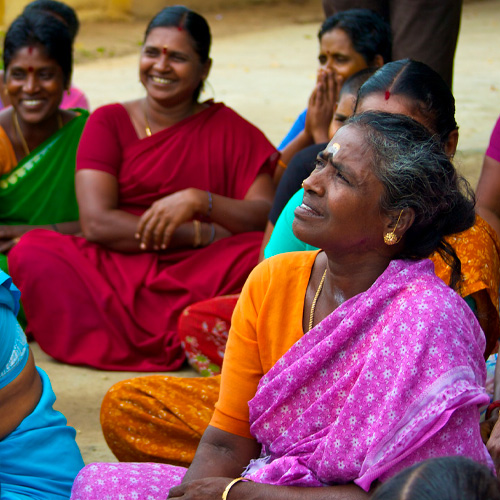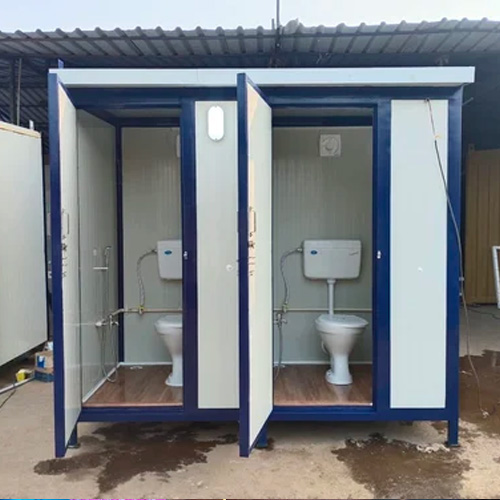Past Projects
Holistic Approach to Development in Meghalaya
The project, undertaken in collaboration with the Meghalaya Basin Development Authority (MBDA)
Night School Transformation Programme in Maharashtra
The project, undertaken in collaboration with the Meghalaya Basin Development Authority (MBDA)
Current Projects
Samrudhi Livelihood Collective

The project is a pioneering and scalable model designed to uplift the livelihoods of street vendors across major Indian cities. This transformative initiative aims to distribute e-vehicles to food street vendors, enabling them to operate single-brand micro retail outlets at predetermined prices in licensed locations. By doing so, the project addresses several key objectives:
Formalization of Street Vendors: The project endeavors to formalize street vendors by facilitating their registration with Urban Local Bodies and assisting them in obtaining vending licenses for fixed hawking locations. This formalization process not only legitimizes their trade but also protects their rights and provides access to essential services.
Centralized Semi-Cooked Food Distribution: To streamline and enhance the efficiency of their operations, the project establishes a central kitchen run by women Self Help Groups with Food Safety Licenses. This central kitchen prepares semi-cooked food that is distributed to the street vendors. This significantly reduces the time and effort involved in food preparation and ensures the safety and quality of the food.E-Vehicles and Upgraded Carts: The heart of the project lies in providing e-vehicles to the street vendors, along with the necessary equipment for their carts, such as water tanks and stoves. These upgraded carts not only ensure the smooth functioning of the vendors’ businesses but also maintain the quality and hygiene of the food they offer.
Brand Consistency: By operating single-brand micro retail outlets, the project maintains consistency in the products offered. This consistency not only enhances the vendor’s business credibility but also builds trust among their customers.
Sustainability and Scalability: The use of e-vehicles promotes environmental sustainability by reducing the carbon footprint associated with food delivery. Additionally, the project’s scalable model can be replicated in other cities, offering opportunities for street vendors and contributing to economic growth.
Economic Empowerment: By providing e-vehicles and access to registered and licensed locations, the project empowers street vendors to operate legitimate businesses, generating stable income and improving their socio-economic status.
The project is a holistic approach to supporting street vendors, formalizing their businesses, ensuring food safety, and promoting environmental sustainability. By providing the means to enhance their operations and improve the quality of their food, this initiative is poised to uplift the livelihoods of street vendors while contributing to the overall development of urban street food culture in major Indian cities.


Water for All through Women Collectives in Kerala and Tamil Nadu

The project, a collaborative effort between IDFC Foundation and women Self-Help Groups (SHGs) in Kerala and Tamil Nadu, represents a groundbreaking initiative to empower women and provide communities with affordable access to clean drinking water. The project unfolds in several dimensions to achieve its goals:
Business Plan Development: The project begins by supporting women SHGs in developing a comprehensive business plan. This plan outlines the procurement of RO water purifiers and the establishment of clean water vending units at public places.
Access to Affordable Clean Water: A central aim of the project is to make clean water accessible to all. The women’s groups are empowered to sell clean water at the affordable rate of Rs 1, ensuring that even marginalized communities can access safe drinking water.
Coordination with District Administration: To create a conducive environment for the project, IDFC Foundation coordinates with the district administration. This collaboration facilitates the provision of state-owned areas on a rental basis, providing the women groups with physical spaces to set up their water vending units.Access to Financial Resources: Recognizing the financial constraints, the project also works to connect women SHGs with loans for the purchase of water purifiers. This ensures that the necessary equipment can be acquired to commence operations.
Technical Support: The project goes further by providing technical support to the women groups. This includes training on the operation and maintenance of the RO water purifiers, ensuring the equipment remains functional and produces quality drinking water.
Sustainable Income Generation: The project empowers women to become entrepreneurs, generating sustainable income for themselves and their communities. As they sell clean water, they improve their economic status and help address the water needs of the community.
Community Health Impact: Beyond income generation, the project has a significant impact on community health by providing a reliable source of clean water, reducing waterborne diseases, and improving overall well-being.
Women’s Empowerment: The project places women at the forefront, fostering gender equality and empowerment as they take on leadership roles in business and contribute to their households and communities.
The project is a powerful example of how collaborative efforts can make a tangible difference in the lives of communities. By leveraging the entrepreneurial spirit of women SHGs, providing access to clean water, and addressing socio-economic challenges, the project promotes a healthier and more empowered future for communities in Kerala and Tamil Nadu. It embodies the spirit of sustainability, empowerment, and community well-being.
Enhancing Sanitation Facilities at Petrapole Land Port, West Bengal

The project, a collaboration between IDFC Foundation and the Land Ports Authority of India, sets forth a series of vital objectives and initiatives to transform the sanitation landscape at Petrapole Land Port, the largest land port in South Asia.
Infrastructure Assessment: The project begins by conducting a meticulous assessment of the existing sanitation infrastructure to identify shortcomings and gaps that need to be addressed.
Development Plan and Design: Following the assessment, a comprehensive development plan and design are crafted to modernize sanitation facilities, encompassing the construction of toilets, wash basins, and bathing units.
Execution and Construction: The project then progresses to the execution phase, where construction begins to establish these vital sanitation facilities at strategically located points within the port.Monitoring and Maintenance: Ongoing monitoring is a key aspect of the project, ensuring that the newly established sanitation facilities remain functional, clean, and accessible to border security staff, bus drivers, and warehouse personnel.
CSR Funding Utilization: The project’s expenses are met through Corporate Social Responsibility (CSR) funds, reflecting a commitment from the corporate sector to invest in critical infrastructure improvements that uplift the working conditions and well-being of the land port community.
Open Defecation Reduction: By making hygienic sanitation facilities accessible, the project directly contributes to reducing open defecation practices, enhancing public health, and fostering a cleaner and more hygienic environment within the port premises.
Health and Well-being Enhancement: The availability of proper sanitation facilities not only improves the hygiene of the working environment but also contributes to the overall health and well-being of the individuals working at the port. The project is designed to create a healthier, safer, and more dignified environment for all.
Collaborative Synergy: The project signifies the collaborative synergy between IDFC Foundation and the Land Ports Authority of India, highlighting the shared dedication of the public and private sectors in addressing crucial societal challenges.
The project is a profound testament to the transformative potential of collaborative efforts and corporate responsibility. Through the improvement of sanitation facilities at a critical transportation hub, the project creates a more dignified, healthier, and safer working environment, while also making significant contributions to broader public health and hygiene goals.

Become An IDFC Lightworker
How can you help?

Donate
By donating towards our cause, you are supporting us in our mission to helping people in need.

Volunteer
The more hands we can get, the more work we can get done faster.

Spread the Word
You can support our cause by sharing with your friends and family who can help us in donation or work.
IDFC Foundation
B – 7, Somdutt Chamber – 1
5 Bhikaji Cama Place,
New Delhi – 110066
Tel: 011 42261064

